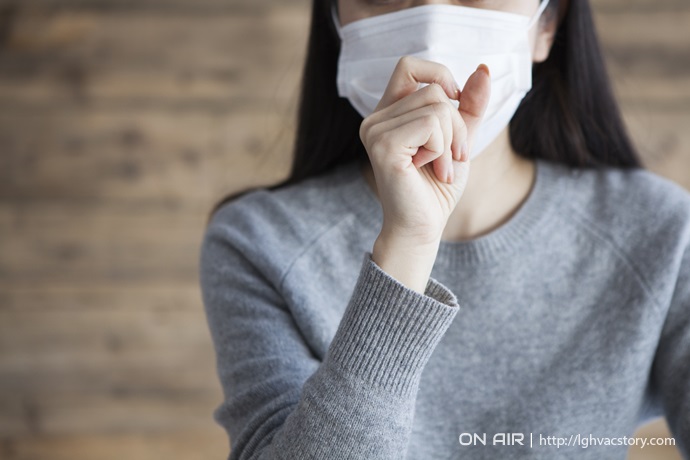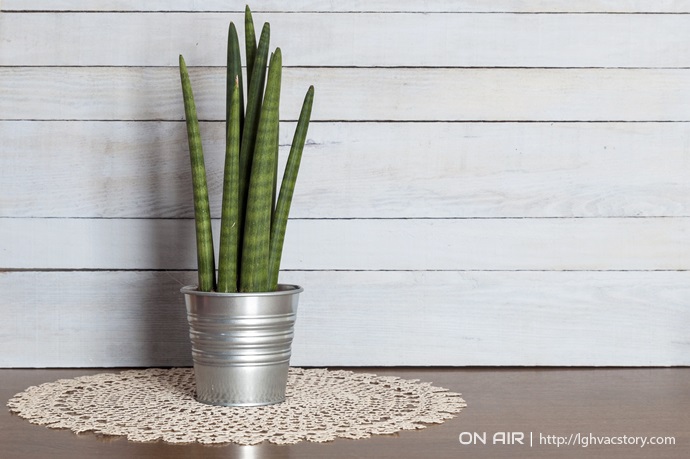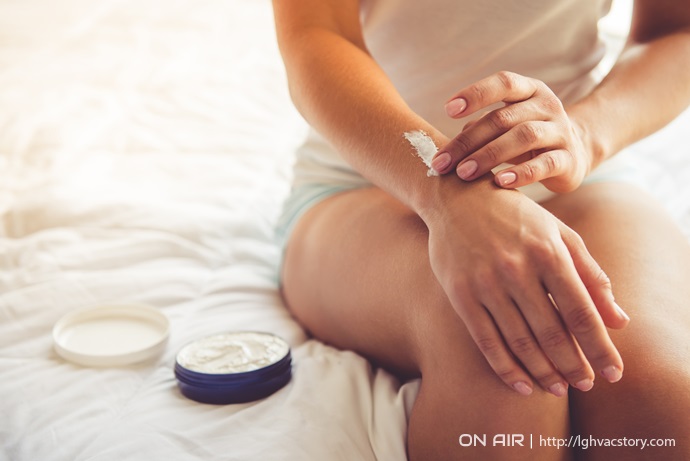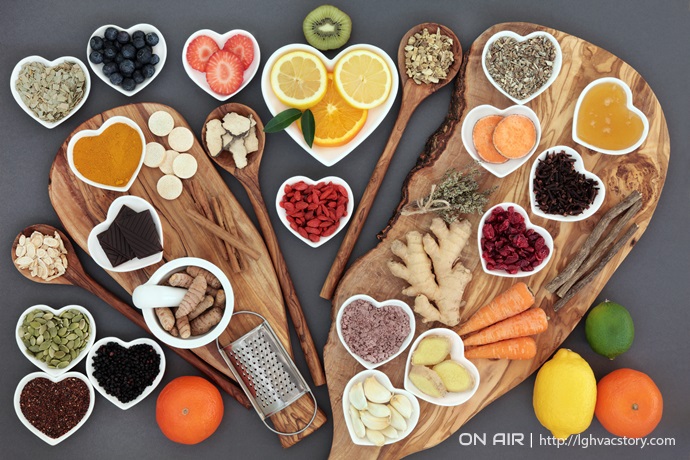Celebrating the end of the season, I would like to share some tips that will keep you healthy.
Don’t Let Indoor and Outdoor Temperature Differences Get too high

We tend to set indoor temperatures quite high in winter and stay inside all day. However, extreme heating may be bad news for your health.
Experts suggest that it’s best to keep your indoor temperature between 18℃ (64.4℉) and 21℃ (69.8℉). This might feel too low, but going higher than this may cause various illnesses. The most common are respiratory diseases as well as dry and rough skin. A large gap between indoor and outdoor temperatures may also lead to hormonal problems by breaking the balance of our autonomic nervous system.
It is even more important for families with children to follow the suggested temperature, since children have weaker immune systems and are more likely to become ill. If you have a child who has caught a cold or other diseases and needs to keep warm, then it is better to dress them in multiple layers of clothing instead. One more layer of clothes can raise a body’s temperature by 3℃.
How Is the Air Quality in Your Home?
Indoor Humidity is as important as Temperature

Humidity is also important to keeping one healthy. The humidity level in homes that stay heated for many hours a day is only about 20-30%. This is quite low, as experts say humidity levels should be set at around 40-60%.
Since we’ve already covered symptoms that can be caused by low humidity, let’s see how to keep the humidity at an optimum level. Of course, the easiest way is to use a humidifier, but you can also hang laundry inside the house or use wet towels as a natural way of adding moisture to the air.
Air purifying plants will help as well. Plants that not only purify but also humidify the air include yellow palm, bamboo palm, coral wood trees, sansevieria, and Indian rubber trees. These plants raise the humidity by 10%, and absorb toxins like formaldehyde which causes a number of skin diseases.
Moisturize Skin before It Dries

Healthy skin naturally creates a protective layer by secreting sebum which includes oil, but this balance can be compromised on dry winter days, causing stiffness. The simplest way to prevent this is to frequently use moisturizer.
The more moisturizer we use doesn’t always mean the better. What’s more important than ‘how much’ is the ‘timing’. The purpose of a moisturizer is to create a thin layer on top of skin, so it’s best to put it on right after showering, before the skin’s natural moisture dries out. Regular exfoliation is also a good idea since moisturizers absorb better when skin has fewer dead cells.
It’s also important to take a bath or shower with tepid water and use sponges that aren’t too rough. Rough sponges not only exacerbate dryness of the skin, but also leave scratches. After a shower or bath, dry water off by gently patting a towel on your skin.
Nutritious Food to Keep Your Immune System Strong

What are the best foods that can enhance our immune systems during the winter?
First of all, garlic works well when one needs to raise their body temperature, and it’s known as one of nature’s best immunity boosters. Allicin, which is found in garlic, helps the body absorb vitamin B-complex and stimulates metabolism, while protecting us from infections with its anti-inflammatory components.
Blueberries which are known to be good for our eyes are also great immunity builders. As one of the world’s top ten “superfoods,” blueberries contain a number of minerals like manganese, zinc, and selenium and vitamins to help the immune system stay strong.
It’s also good to eat plenty of fruit like tomatoes, tangerines, or kiwis in winter. Tomatoes have lots of vitamin A and C, and lycopene, which is the component that makes tomatoes red, improves the immune system through its strong antioxidation. Rutin found in tangerines keeps body temperatures from dropping; while Kiwis have lots of vitamin C, beta-carotene, and polyphenol which prevent inflammation by restraining free oxygen.
This winter has almost come to an end, but remembering these tips will help you stay healthy to the very last moment of the season.


































